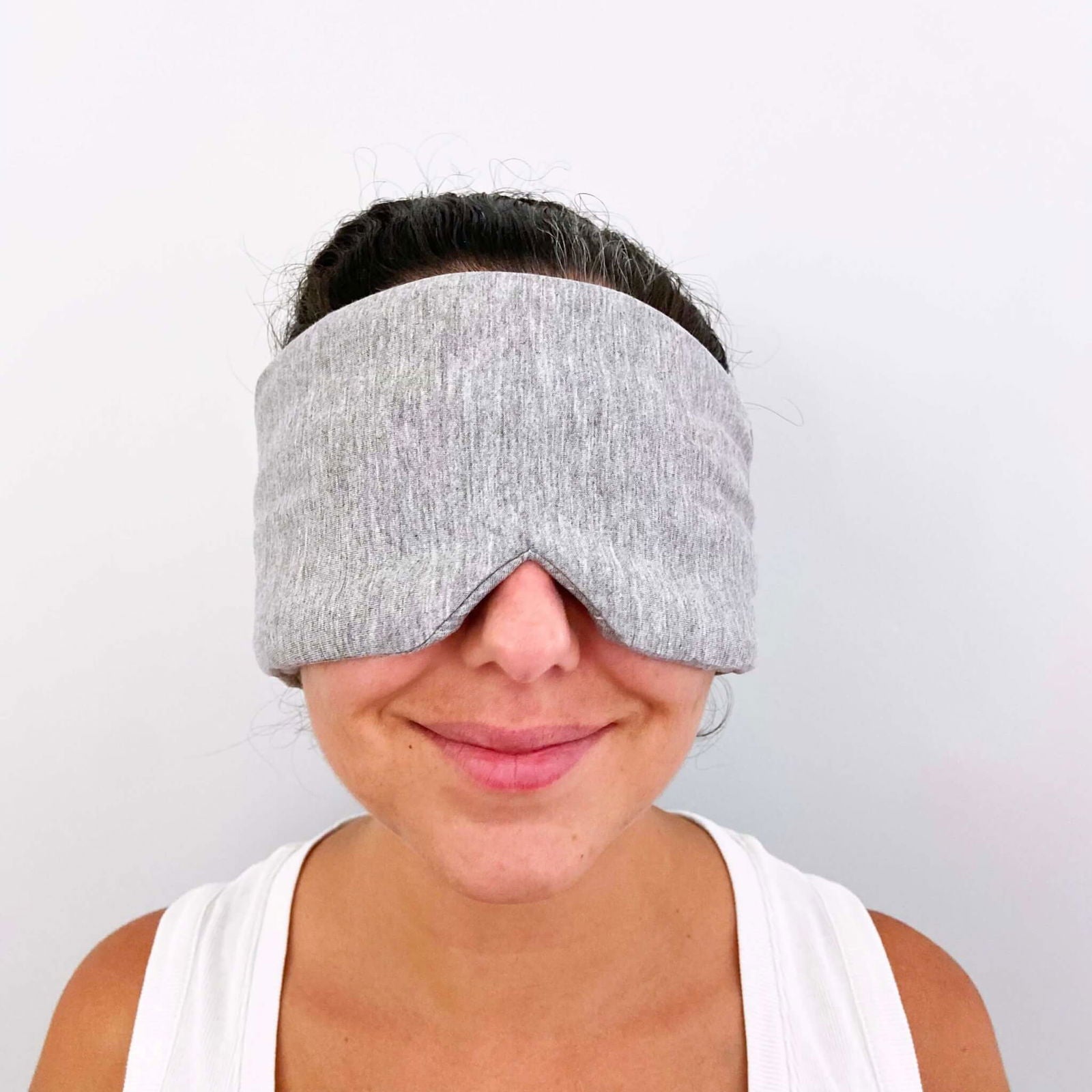In this digital age, most of our activities — whether entertainment or work — take place on some form of screen. While using our digital devices may feel inevitable most of the time, increased screen time has been shown to affect various aspects of your life negatively.
As of 2024, the average daily social media usage worldwide amounted to 143 minutes daily. Around the world, people share multiple reasons for visiting and using social media so much, from finding funny or entertaining content to sharing memories and thoughts with friends. Many also turn to social media to keep up with current events. Other positives from social media use include increased access to information, ease of communication, and freedom of expression.
However, as with everything else, there are certainly downsides. On top of the positives mentioned above, some respondents felt that social media had worsened their sense of personal privacy and heightened everyday distractions. Another negative attributed to social media use is your physical health.
Namely, increased screen time, whether from social media use or other digital activities, may affect your body weight more than you think. Below, we'll take a closer look at whether or not this is true and how reducing screen time can help with your weight management:
Screen time and body weight
As mentioned above, increased social media use has been shown to impact interpersonal and mental aspects of one's life. According to this study, heightened screen time and social media use can affect people psychologically, emotionally, and socially. For example, studies indicate signs of depression, anxiety, physical inactivity, higher body mass index, poor body image, and eating disorders in line with higher levels of screen time. In recent years, more and more studies have been conducted focusing on the relationship between screen time and the development of poor body image and eating disorders.
On the Internet especially, social media algorithms play an essential role in body dissatisfaction, where you invariably see more of the content you prefer to see and engage with. This creates a toxic rabbit hole where you're exposed to only content that perpetuates unrealistic body and weight ideals.
Increased screen time has also been repeatedly linked to heightened sedentary behavior. Undoubtedly, the more time you spend on your digital devices, whether lying down with your phone in bed or working at your desktop computer for hours, the less likely you are to be physically active. This increase in sedentary lifestyle subsequently leads to increased body weight and other effects, including posture problems, sore muscles, and back pains. By that logic, reducing your screen time may contribute significantly to losing weight as you become more physically active and lead healthier daily lifestyles.
Other ways to supplement your weight loss
Of course, aside from reducing your screen time, you can incorporate several other lifestyle and habit changes to make weight loss more achievable and sustainable. This includes living a balanced lifestyle between healthy nutrition, physical activity, and improved sleep quality. When you join a weight loss program, you're encouraged to not only substitute junk food with healthier ones but also be coached and guided to include more physical activities. Most modern weight loss programs also discourage following the latest trends in weight loss tips and hacks, as these may end up hurting your body in the long term.
If you're medically categorized as overweight or obese, you also have the option to get prescribed weight loss medication or even surgery. So, while reducing your screen time can undoubtedly contribute to healthy weight loss or management, it's important to make the necessary lifestyle changes to support the process and prevent any regaining of lost weight in the long term.
Finally, another tip is not to rely on your digital devices to help you lose weight. In a previous post discussing smartphone addiction, we emphasized how almost everything in our lives is done or carried out on smartphones these days. As such, to lose weight, you may turn to weight loss apps or go to social media for weight loss tips and advice. However, keep in mind that this also increases your screen time. Instead of going out and doing physical activities, for example, you may end up scrolling for weight loss tips and stories for hours on your couch.
To help further reduce your screen time to focus on leading a healthy lifestyle, you can also check out our homepage for our digital well-being products and essential advice and insights on staying healthy and unplugged.


















